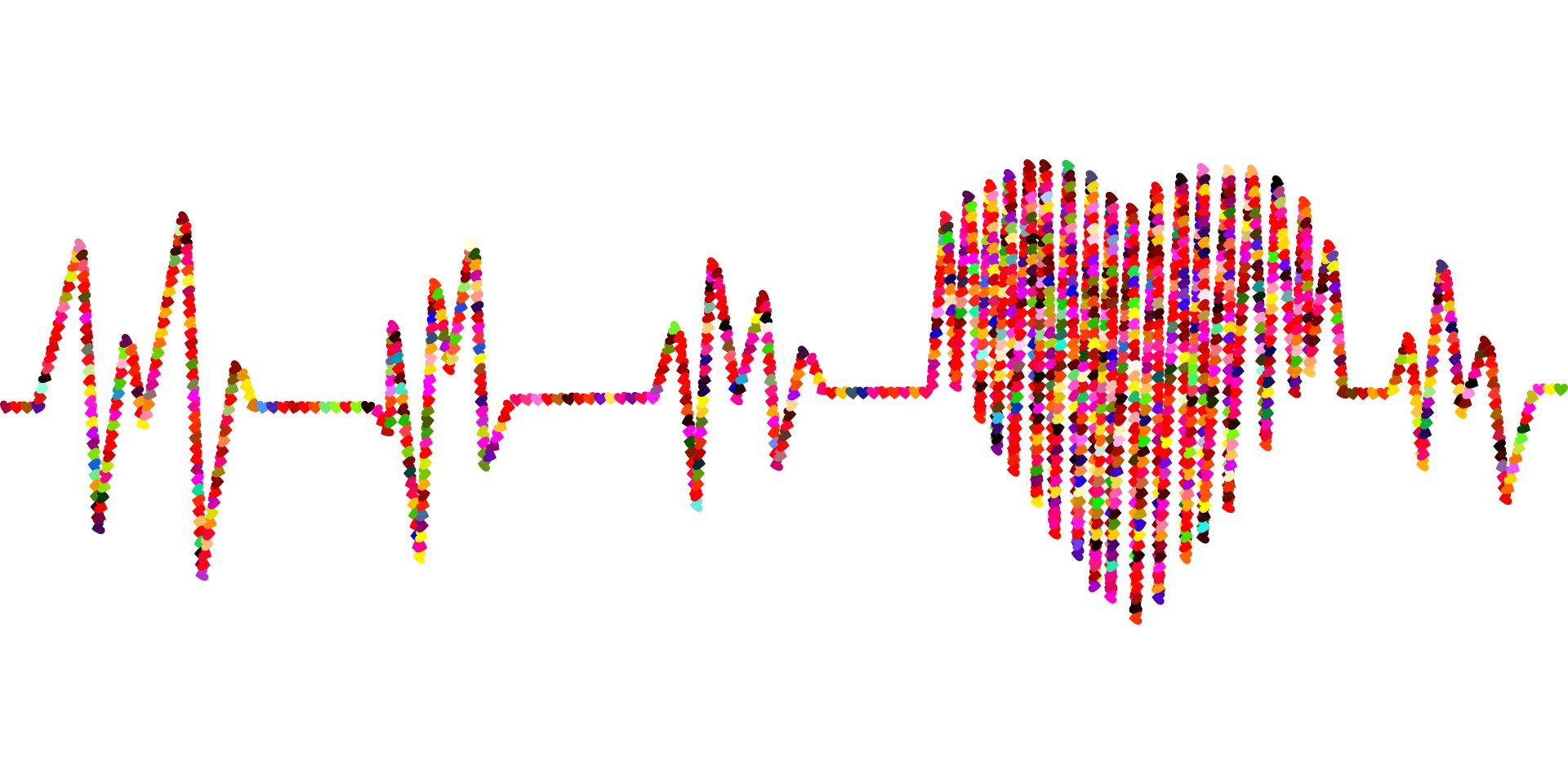If you are resolving to improve your health in the new year, you might start with your heart. Surprisingly, there are real physical differences between a man’s and a woman’s heart. In general, a man’s heart is as much as 25% larger than a woman’s heart and has the capacity to pump blood easier than a woman’s heart. That is not just because men are larger than women. By ratio, the size of a woman’s heart and some of its chambers are smaller.
The average adult male heart rate is between 70 and 72 beats per minute, while the average for adult women is between 78 and 82 beats. A larger heart can pump a greater volume of blood to the rest of the body. The smaller female heart, which pumps less blood with each beat, needs to beat at a faster rate to match the larger output of the male heart. A woman’s heart pumps faster than a man’s, but a man’s heart ejects more blood with each pump.
Stress causes a woman’s pulse rate to rise, leading to more blood being pumped. For men, stress causes arteries to constrict, leading to a rise in blood pressure.
Statistically, men are diagnosed with heart disease at an age almost ten years younger than women. That may be because the difference in a woman’s heart leads to less typical warning symptoms. Men feel a more obvious crushing pain in their chest, but women feel brief pain in the upper abdomen or back, nausea, shortness of breath, and sweating.
Men have heart attacks younger than women, and experience cardiac arrest more often but women’s heart attacks are generally more damaging, and their recovery may take longer.
Both men and women can have chest pain, pressure or discomfort from a heart attack. However, women’s symptoms may not seem to be related to heart problems. Women are more likely to have the following heart attack symptoms, often without chest pain or discomfort:
- A sense of dread
- Dizziness, lightheadedness or fainting
- Extreme fatigue
- Extreme jaw or back pain
- Nausea or vomiting
- Sudden shortness of breath
Men are more likely to have:
- Cold sweats
- Crushing chest pain
- Pain in the left arm
Heart attack symptoms are sometimes subtle and may come and go. However, it’s essential to call 911 and get to a hospital as quickly as possible if you have symptoms of a heart attack. Your life could depend on it. Speak with your physician about your individual risk factors and make a plan to improve your heart health!

